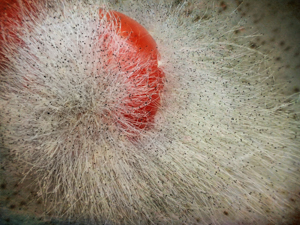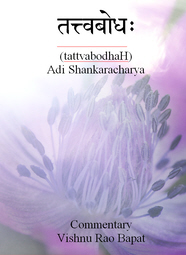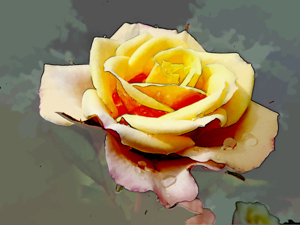Q: I have a fear of falling asleep and losing consciousness. Why do I have this fear? How can I solve it? For as long as I can remember I’ve been afraid of going unconscious because I lose control. When I fall asleep, I wake up 3 hours later. (From Quora)
A (Martin): I have made a life-long search for the meaning and reality of ‘myself’ and the world.
Apart from the advice (and different diagnoses) given by others, I am thinking of something else, which has a psychological as well as a philosophical side to it. It is not just fear of death but self-annihilation, an emptiness or void where there is no longer an experience of selfhood or continuity (“What if I don’t wake up?”).
This can become an obsession – an existential angst – one of the worst kind. A sensitive child may (I experienced it) entertain the idea of nothingness, including that of *me/myself*, that is, my very personal, intimate consciousness not existing or vanishing into nothingness. It may or may not be associated with the thought “Why is there something (a world) rather than nothing?”.
If that strikes a chord – and it is a question of temperament and inclination – there is an answer, which can be obtained at the end of a lengthy, arduous journey: ‘Know thyself’, as it was written on the frontispiece of the oracle of Delphos in ancient Greece. After a lifelong search, I found the most complete, satisfying answer in Advaita Vedanta. According to this philosophy or discipline, deep sleep is the most blessed state short of full awakening – that is, awakening from the ‘darkness’ of the awake state and its narrow ego-centered vision, shot through with doubt and suffering.



